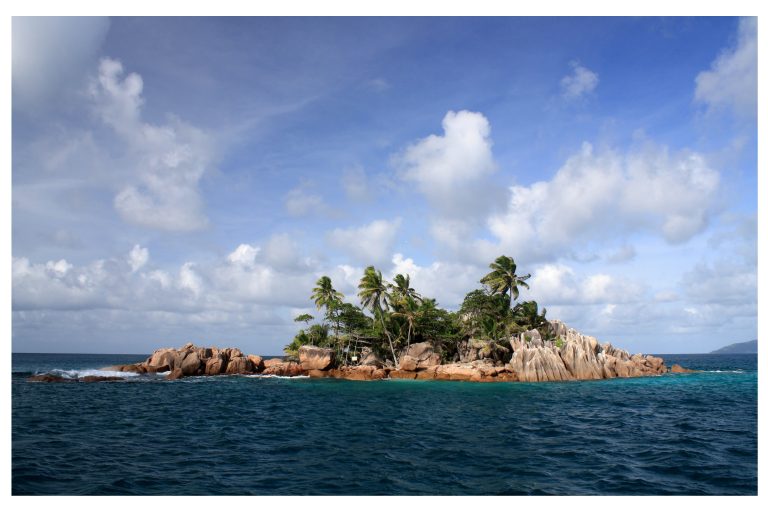On Tuesday, the EU Council sent letters to 92 countries to draw up a list of ‘non-cooperative jurisdictions for tax purposes’’ by the end of 2017. In November 2016, EU finance ministers agreed on the rough criteria for such an EU blacklist. If a country does not meet the minimum standards of tax transparency and fair taxation, it will be placed on the EU list of tax havens. However, the precise details are still pending and will be discussed once more this Friday in the Council’s High-Level Working Group on Taxation. In particular, the criterion of ‘fair taxation’ is highly controversial as a few EU Member States consider the zero-taxation of profits to be permissible.
For the pre-selection of countries for the EU blacklist, the Commission has analyzed all countries on the basis of objective indicators such as strength of economic ties with the EU, importance of the financial sector, and legal stability. On the basis of this, the nonpublic Council’s “Code of Conduct Group on Business Taxation”, has selected 92 countries, which are to be investigated more closely. The US is also being analyzed, but EU member states are not being examined.
MEP Sven Giegold, financial and economic policy spokesperson of the Greens/EFA group commented:
“It is a slap in the face of all honest European taxpayers that the UK, Ireland and Luxembourg are blocking a real blacklist with strict criteria.The blacklist criteria discussed by the Member States are much weaker than what the Commission proposed. In particular, Britain is trying to protect its Jersey and Guernsey territories before it leaves the EU.
It is appropriate that the US is looked at more closely. Some US states allow the owners of trust accounts to remain anonymous, thereby paving the way for tax evasion and money laundering. The US still refuses to take part in the effective international exchange of tax data. And, unlike what was prescribed by the EU Anti-Money Laundering Directive and the International FATF, banks in the US do not need to request the personal details of the beneficiary account holders. The EU can no longer close its eyes for political reasons.
It is absurd that the EU is creating a blacklist in the dark. The Council Working Group “Code of Conduct Group on Business Taxation” does not meet publicly and can only make unanimous decisions in this regard. The Working Group has not, since its formation in 1998, succeeded in effectively combating harmful tax practices within the EU. It is a bad joke that this group will now decide who is on the EU list of tax havens. Tax transparency must begin at home.”
The agreement of the EU finance minister on rough criteria for the blacklist can be found here:
http://www.consilium.europa.eu/en/press/press-releases/2016/11/08-taxation-criteria-third-country-jurisdictions/
The draft letter which was sent this week to 92 countries can be found here:
http://g8fip1kplyr33r3krz5b97d1.wpengine.netdna-cdn.com/wp-content/uploads/2017/01/LETTER.pdf
The 92 countries which will be screened further consist of 86 countries in tables I. and II. as well as sechs additional financial centres from tables III. to V.:
https://sven-giegold.de/wp-content/uploads/2017/02/2016-09-15_scoreboard-indicators.pdf

